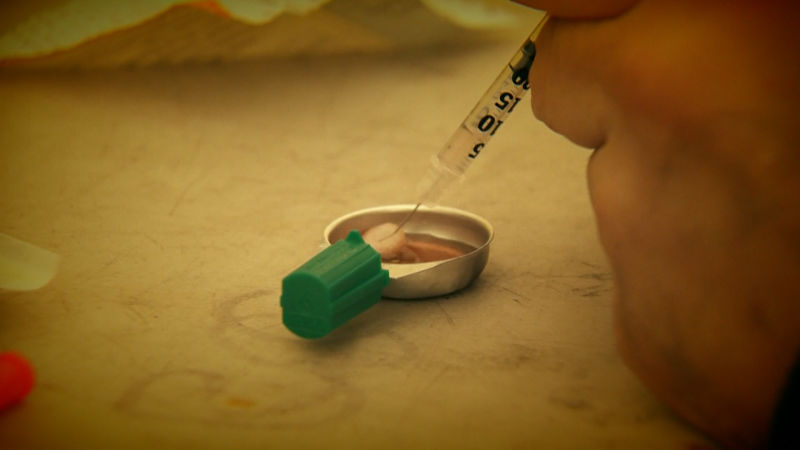
Toxic drug deaths in BC could surpass 2,000 before the end of 2021
KAMLOOPS — With two months of data still to come in 2021, British Columbia is already reporting the highest number of deaths in a single year as a result of an increasingly toxic drug supply.
So far, 1,782 people have died from using toxic drugs, according to data released by the BC Coroners Service on December 9. That includes 201 deaths in October 2021, the highest monthly total ever in the province. On average, that’s more than 6 deaths per day.
“Today we will lose six more people. Tomorrow we will lose six more people. And by Christmas, we’ll have lost another 40 to 50 members of our communities,” Chief Coroner Lisa Lapointe says. “That is just not acceptable any longer.”


